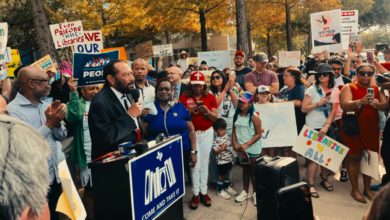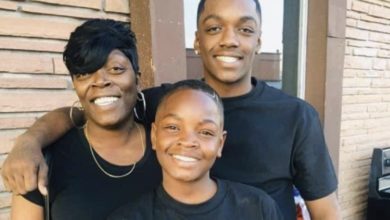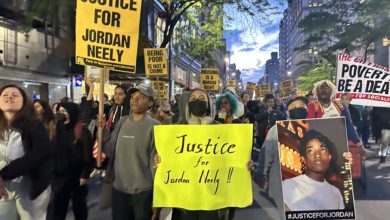The week of Feb 7 saw the start of campaigns opposing tuition increases at two Washington, D.C., schools: the University of the District of Columbia and Howard University.
|
Students at UDC are overwhelmingly working class, almost exclusively from the Black and immigrant communities of the Washington, D.C., area. Most students work full time, and some are parents. UDC is a commuter school, which means numerous students have burdensome expenses for transportation as well as housing. Students at UDC are particularly vulnerable to layoffs, government cutbacks, lack of childcare, fare hikes on public transportation—and now the school wants to add another $3,300 in extra tuition.
Howard is the most prominent of the Historically Black Colleges and Universities. It attracts a wider array of students, including very privileged elements inside the Black community. However, Howard’s reputation and wide range of academic offerings combined with relatively low tuition also attracts a number of students from a working-class background. Most students receive financial aid, and most have to work. For many, a tuition hike will effectively end their academic careers.
Students swiftly joined together at both institutions to fight the hikes. Students at both Howard and UDC raised the slogan “education is a human right, not a privilege.” They have demanded that the administration pursue all avenues other than a tuition hike.
On the days leading up to school board meetings on Feb 11 and 18, students at UDC set up tent cities in front of their school and endured freezing temperatures, rain and snow all night to protest the tuition hikes.
On Feb. 11, hundreds of UDC students rallied on campus, then poured into a Board of Trustees hearing, where dozens of students testified about the impact of tuition increases. A number of students broke down into tears several times while explaining how much their lives would be affected. While the trustees repeatedly tried to quiet students down, every speaker was routinely interrupted by loud applause and cheering.
UDC President Allen Sessoms, who displayed an arrogant attitude towards every student, was condemned repeatedly, and had to endure catcalls throughout. The writer of this article spoke representing Howard students in solidarity with the UDC students—a gesture received with loud applause.
While the UDC board did give approval to the measure, the students’ struggle has not stopped. They are still fighting the tuition increase and waging a campaign for the president’s resignation. UDC students are also demanding the university’s open-admissions policy be maintained.
Dozens of students held a Feb. 13 rally at the center of their campus, where a number of students decried the tuition increase and demanded that the university seek funds from the federal bailout. Students expressed outrage at Howard trustee and Merrill Lynch CEO John A. Thain, who just spent $1.2 million of bailout money renovating his own office.
UDC students joined the Howard rally in solidarity. UDC student leader William Kellibrew IV, who had expressed support for Howard students on a radio show earlier that morning, urged students to remember the civil rights movement and remain undaunted. The students held a picket line in front of the administration building, where they also handed out information about the tuition increase and alternatives, reaching hundreds of students.
The demands of the Howard students are (1) rescind the tuition increase and allow students to debate and propose alternatives; (2) respect the jobs of Howard University workers, with a living wage and no layoffs; and (3) no more federal bailout money to wealthy CEOs and bankers—make higher education free and accessible, abolish all student debt and punish predatory lenders.
The UDC and Howard struggles illustrate the potential for increased struggle amongst workers and other oppressed and alienated layers of society amidst the present economic crisis. Students at both universities have deplored the absurdity of expensive education when public money is handed out freely to banks and corporations. Students at both universities plan to continue to try to coordinate and build their struggles together and take them to the broader Washington, D.C., community.
Education is a right!







